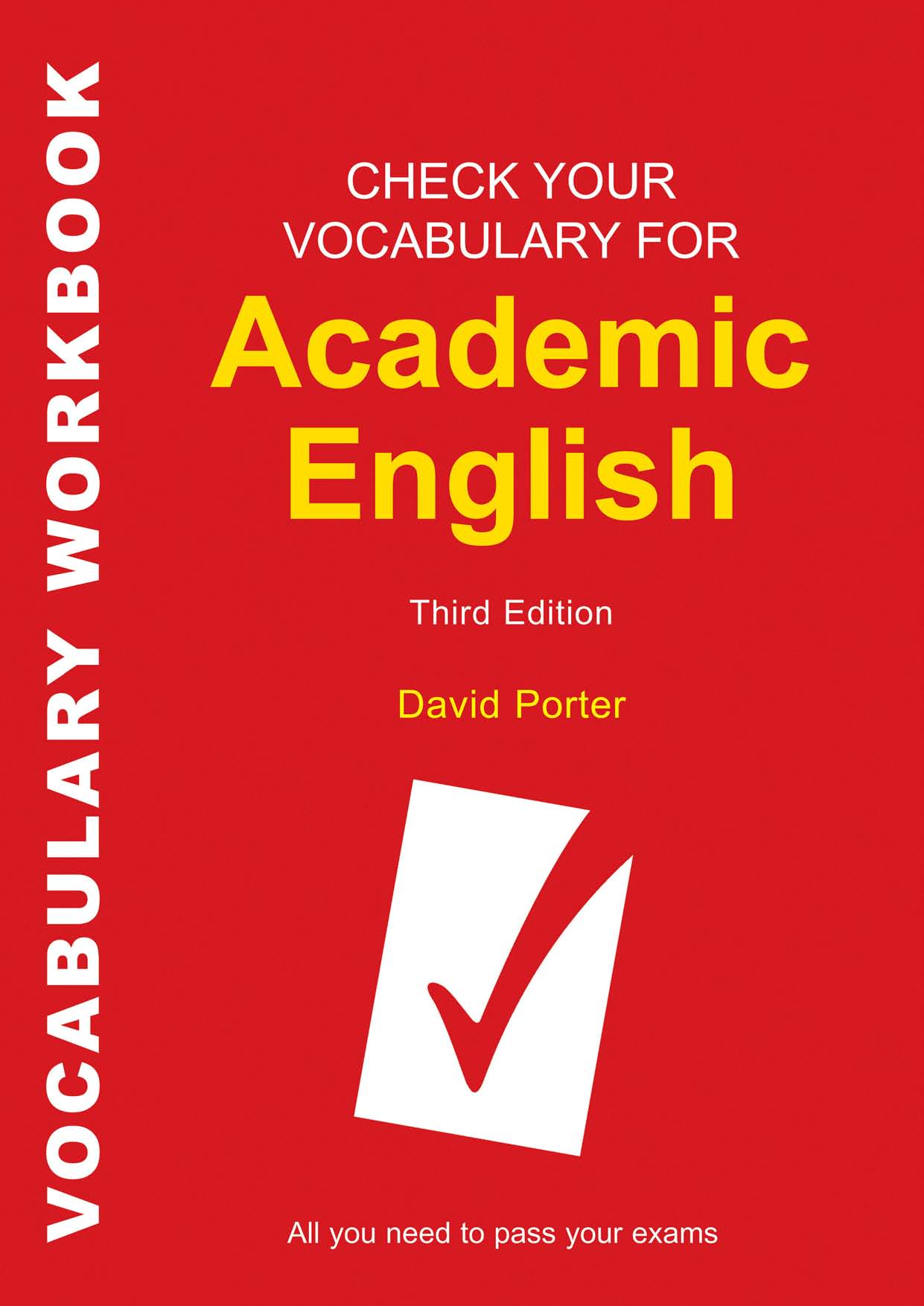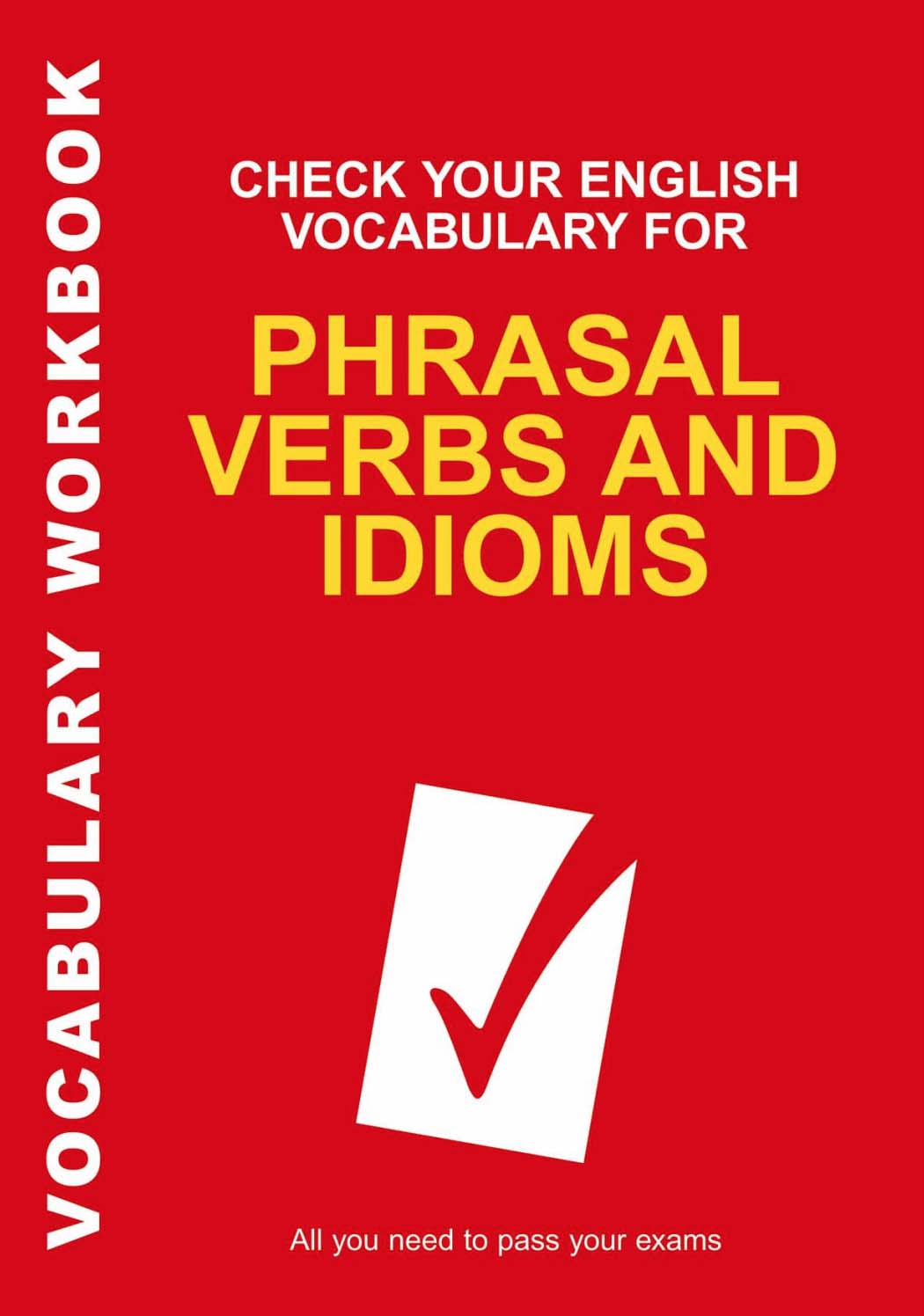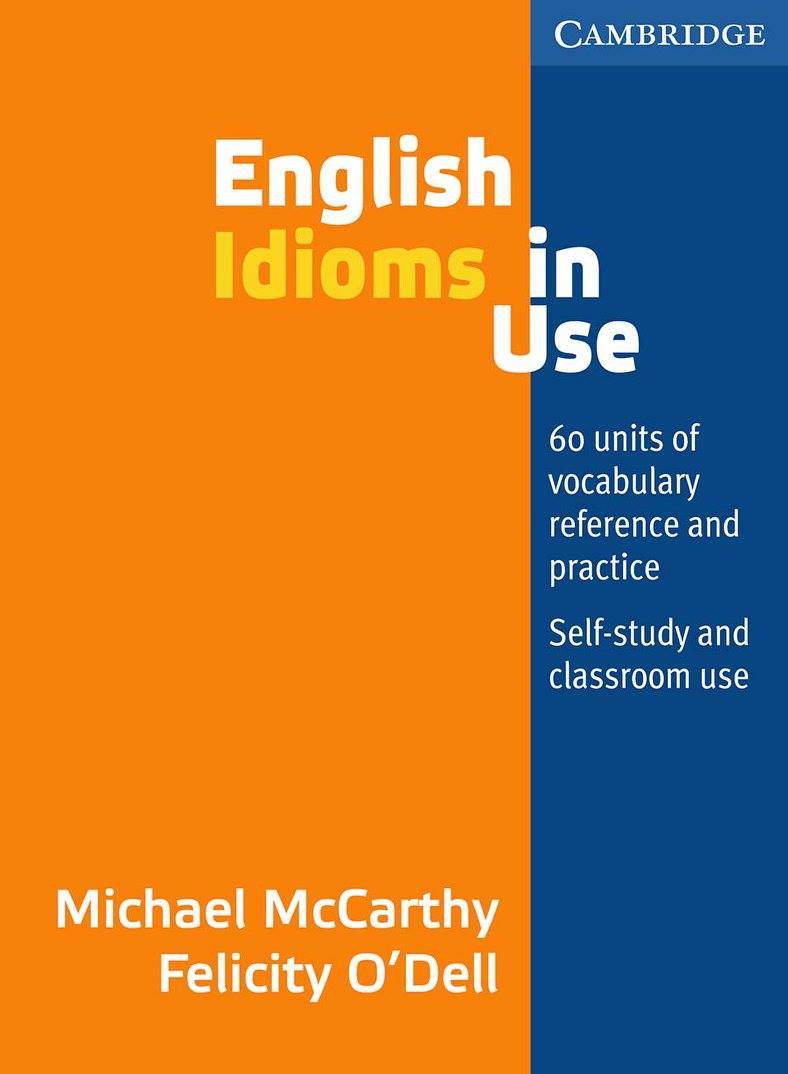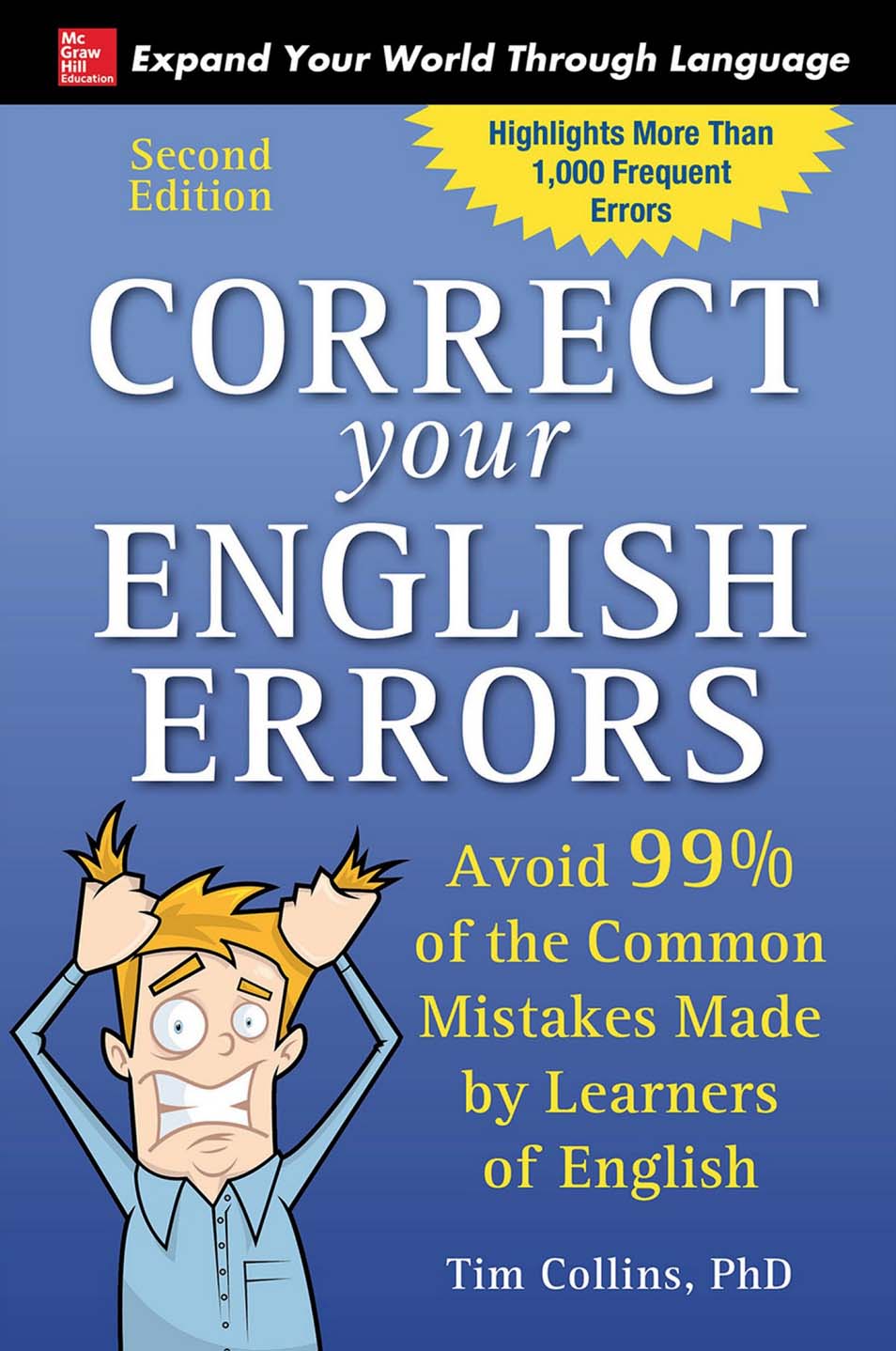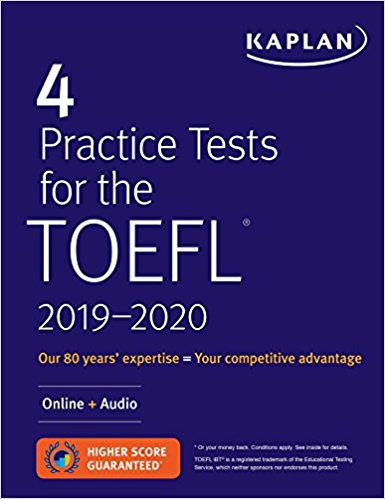As you’ve just seen, you don’t need to be in a classroom to keep improving your English language skills – there are lots of other ways.
Here are some easy techniques that you can use just about anywhere and anytime. And if you use them regularly you will be well on the way to becoming a great communicator in English.
1. Two heads are better than one
There are many different ways that you can practice speaking and you should get into a habit where you employ at least one or two of these methods for practice each day or week.
Practice with a friend; find a partner who is also learning English and set aside a time where you both communicate in English each day or week. By phone, online, or in person, conduct your everyday conversation through English over a coffee or tea and don’t worry if you need to fill in some gaps with your native language, just use as much English as you can and keep these chats regular.
Put learning into usage; look for an opportunity to use the recent language you have learned in conversation as soon as you have learned it to ensure that it becomes an active part of your range. As you learn a new phrase, make sure that you keep it top of mind so that you can use it at the next opportunity.

Two heads are better than one
2. Keep a dictionary handy
Always keep a dictionary at hand. If you have a pocket dictionary, keep it with you or if you have a smartphone, then find a dictionary website that provides access that you can keep in your bookmarks. When you come across a new word, check it in your dictionary and make a quick note of the word so you can come back to it later.
When you have some spare time, familiarise yourself with the different styles and symbols that your dictionary will use as this will help you later when you need to quickly access definitions and meaning from the dictionary. For example, many dictionaries will use abbreviations or shortened words to explain the word or phrase in focus. Examples include:
Vb – verb
Adj – adjective
Syn – synonym
When you do look up a word in the dictionary, ensure you expand your knowledge by reading through the list of synonyms. A synonym is a word that has the same or nearly the same meaning such as ‘happy’, ‘joyful’ and ‘elated’. It is a good idea to look at the list of synonyms as this can help you to attach other words that you may know to the new word that you have just learned.

An English dictionary is always handy
3. Turn the subtitles on
English movies are a great and fun way to build up your language skills and can be very useful to practice listening, pronunciation and build up your vocabulary. As well, viewing movies in English will expose you to some very natural and authentic exchanges in everyday situations.
Where you can, turn on the English subtitles for movies and listen and follow along. Use the pause and rewind functions to pick up on any vocabulary or phrases you are not sure about or that you are interested in. If there are close-ups of the actors then use the close-ups as an opportunity to study how they are making different words through the mouth and facial movements, then pause and practice those sounds yourself. You might even find it helpful to use a mirror and imitate the sounds and movements yourself.
Active listening is a very useful way to improve your skills, listen to what you hear and apply it. If you have the captions on, turn them off and listen to what you hear and write down what you hear. Listen, pause and then write what you hear and then rewind and come back and check your understanding. This type of dictation will help you focus on the individual sounds in and around words, as well as how words link and the different stress points in those linkages.

Watching English movies with sub-titles is a good way to learn the language
4. Listen to the radio
It is important to listen to different voices and the more the better. Listening to the radio is one way that you can keep your awareness of the sounds of English active and at the same time, work on your pronunciation. There are many different options for free radio both online and through shortwave. Find out what radio stations operate in your area in English and familiarise yourself with some of the programmings and if you can, arrange your schedule so you can listen to a broadcast or part of a broadcast each day or week.
Pronunciation is a key part of learning a language and can be done in many different ways. Just focusing on a word and listening to syllabus stress and practicing the right form yourself can be very productive. To do this you need to find the correct version of the word. and this can often be found as an audio file in most free online dictionaries. Look for the icon that indicates ‘to listen’.
Listen to the word and then imitate the sounds you hear. Again, this might be aided by using a mirror where you can watch as you make the sounds of English.

Listen to the radio
5. Use it don’t lose it
Look to attach the English language to everyday situations, as you are working or as you are in your house think about the situations you are in and use English to describe it. If you talk to someone on the phone for example, after the phone call thinks about how you would conduct that conversation in English. Pick a few phrases and key vocabulary and think about how you would use that in the phone conversation.

Use it don’t lose it
If you want to practice speaking you could even say the phrase aloud and pretend that you are still talking on the phone, only, you are speaking in English, although you might need to be home by yourself to do this!
Identify at least two or three sources of English content to use regularly, these might be websites, newspapers, social media sites or books. Once you have found them, get into the habit of activating some key learning techniques. One way is to keep a notebook list of new words, write the new word down and then write an example sentence using the word or phrase. Note the form of the word – is it an adjective, a noun, an adverb or a verb? If it is a verb then write down the different forms of the verb. If you want, even translate the word into your own language.
Keep your list handy and when you have a few spare minutes open it and review your new vocabulary and make sure you use those new words whenever and as soon as you can. After all, the only way to successfully learn a foreign language is hard work and, practice, practice, and practice.
For daily English language lessons and tips like our Learn English Facebook page.


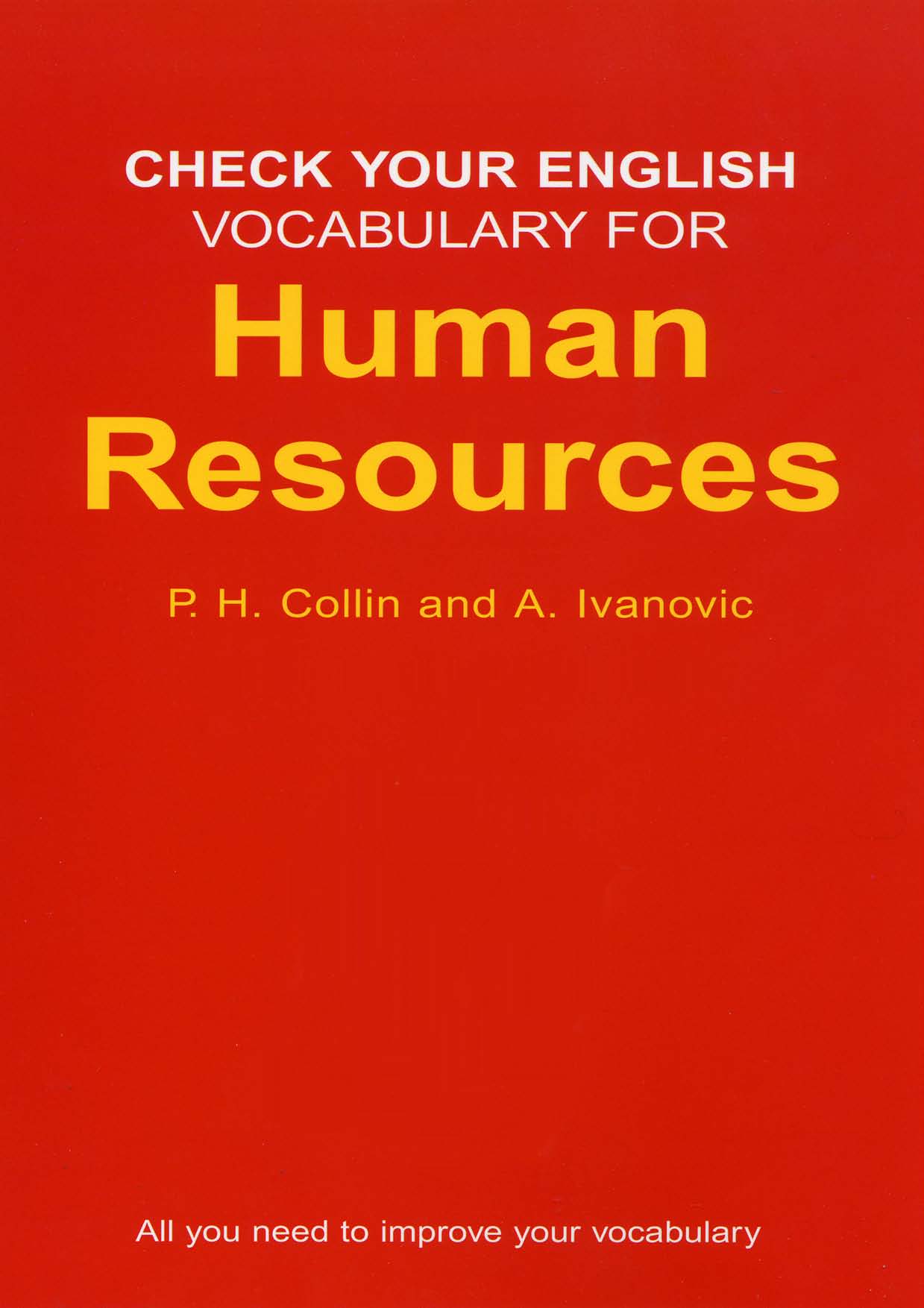






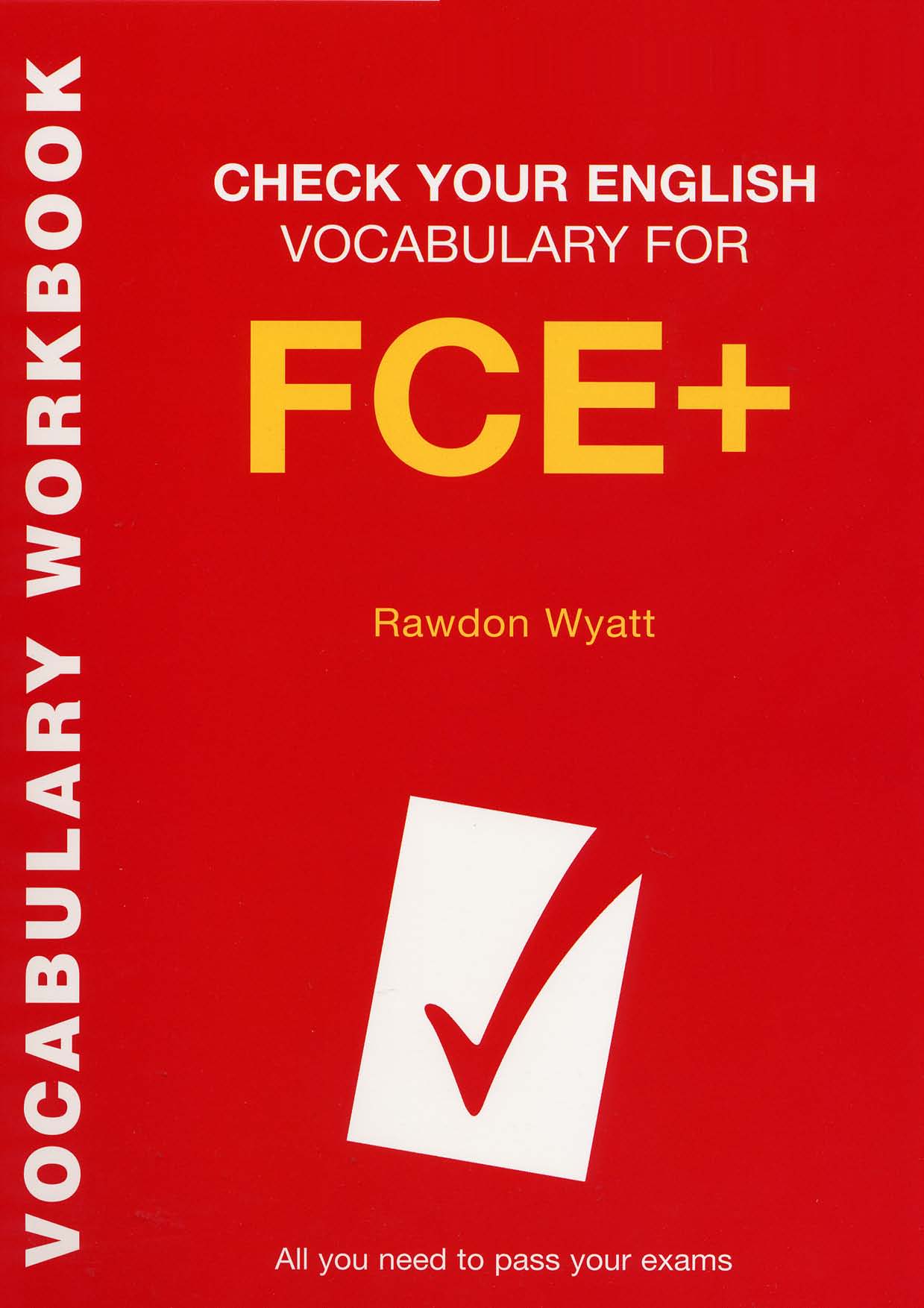









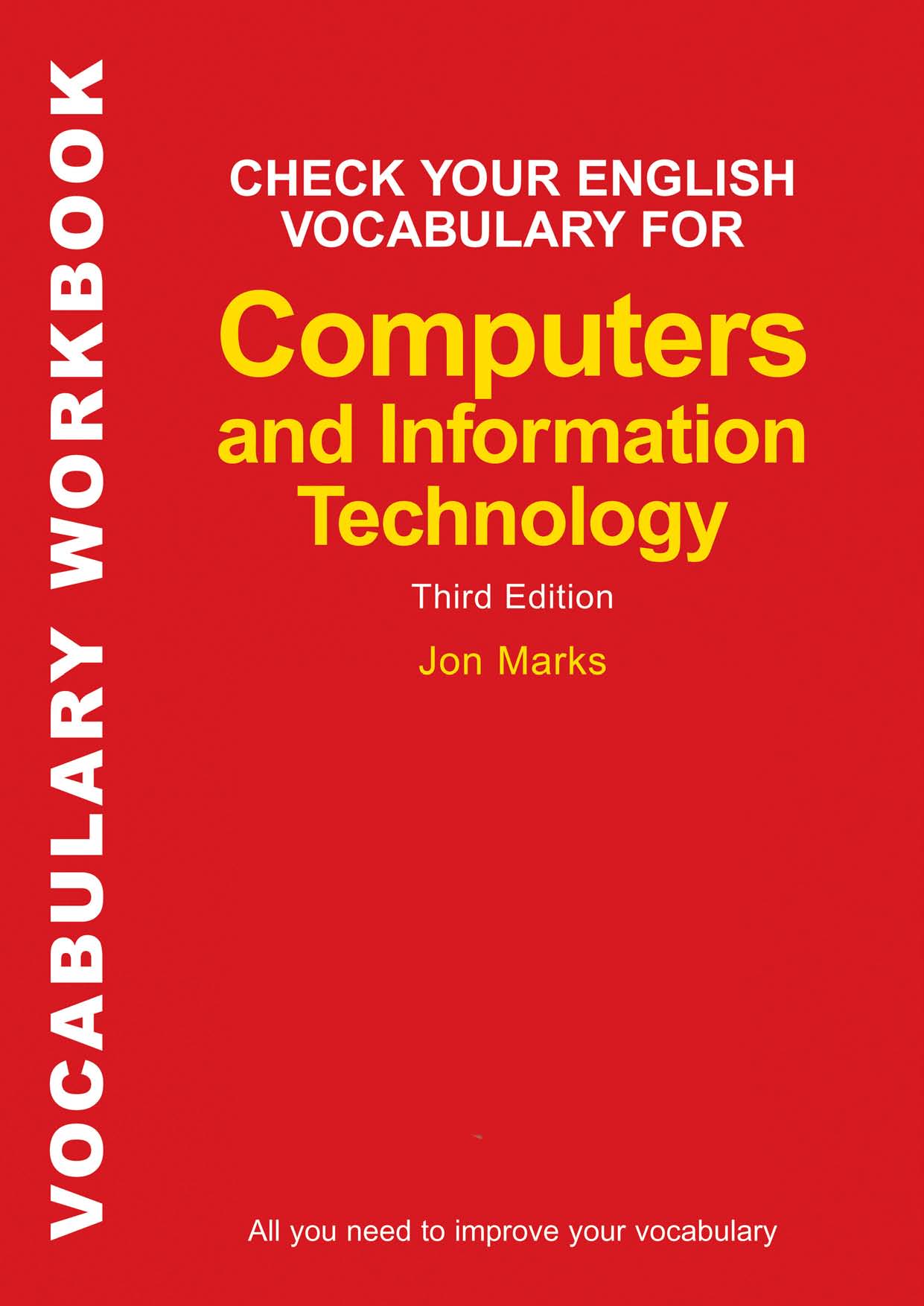

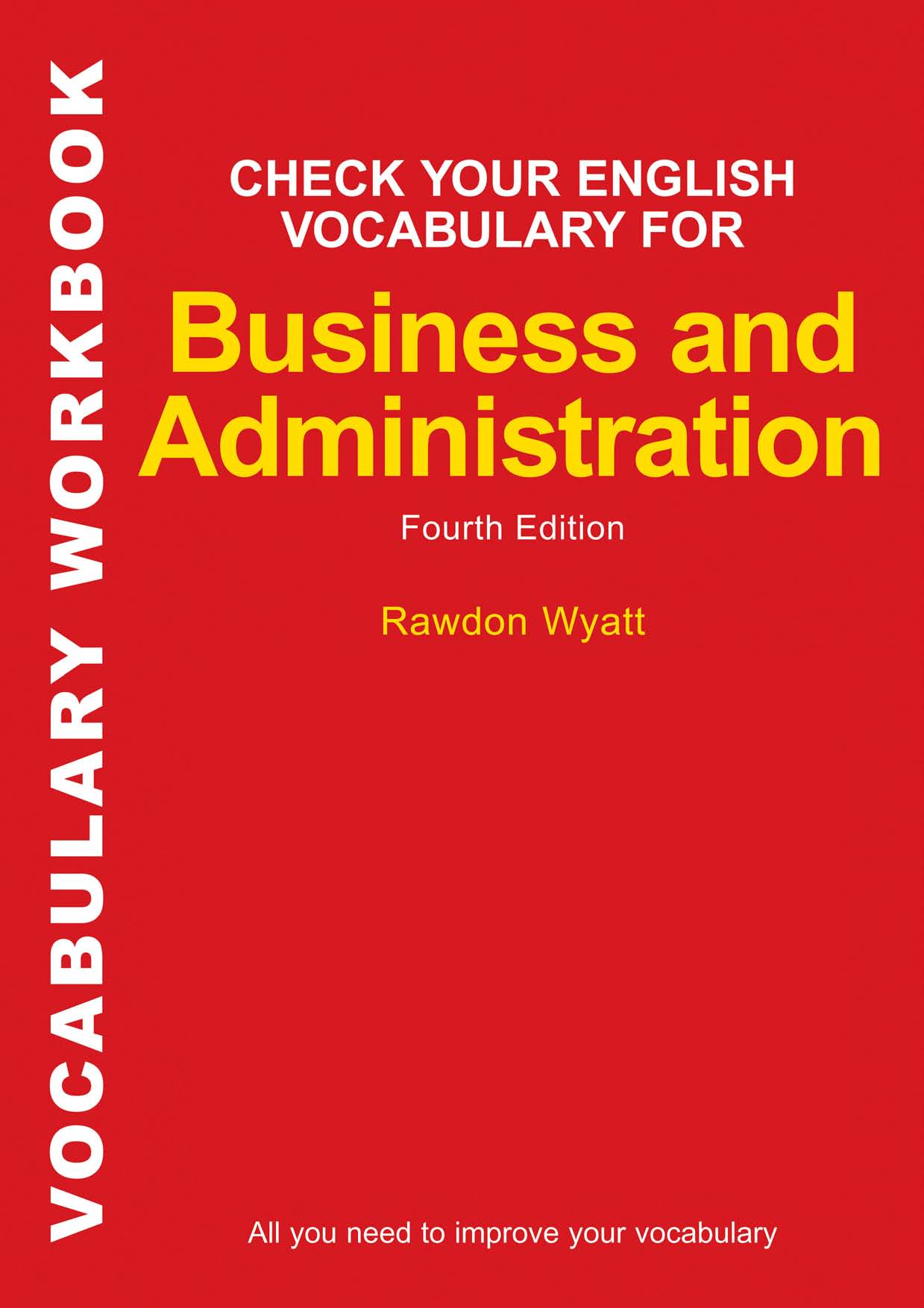

![Hi, I'm Julie Andrews, the founder of IELTSMaterial.com and the author of the Ebook titled IELTS Speaking Actual Tests (January - April 2018) & Suggested Answers. You are one of 1000 IELTS learners to get this ebook. Congratulations! Now, can't keep you waiting any longer! Please find attached below: [Ebook] IELTS Speaking Actual Tests & Suggested Answers (January - April 2018) The updated version of this Ebook will be sent to your email if there is any change in the Speaking topics used for the IELTS Speaking test from January to April 2018. Free bonuses: [Ebook] IELTS Writing Recent Actual Tests in 2015, 2016, 2017 (Task 2) and Sample Answers (Ebook) 100 IELTS Speaking Recent Actual Tests (Part 2) in 2015, 2016, 2017 and Suggested Answers [Ebook] IELTS Reading Recent Actual Tests in 2016, 2017 with Answers [Ebook] 10 Complete Practice Tests (compiled from the IELTS actual tests from different countries to help get yourself familiarized with the IELTS test & score higher in IELTS after going through them): https://goo.gl/3nrBqH Wish you all the best with your IELTS test!](https://ieltslibrary.com/wp-content/uploads/2018/03/Check-Your-English-Vocabulary-for-Banking-and-Finance_.jpg)
![Hi, I'm Julie Andrews, the founder of IELTSMaterial.com and the author of the Ebook titled IELTS Speaking Actual Tests (January - April 2018) & Suggested Answers. You are one of 1000 IELTS learners to get this ebook. Congratulations! Now, can't keep you waiting any longer! Please find attached below: [Ebook] IELTS Speaking Actual Tests & Suggested Answers (January - April 2018) The updated version of this Ebook will be sent to your email if there is any change in the Speaking topics used for the IELTS Speaking test from January to April 2018. Free bonuses: [Ebook] IELTS Writing Recent Actual Tests in 2015, 2016, 2017 (Task 2) and Sample Answers (Ebook) 100 IELTS Speaking Recent Actual Tests (Part 2) in 2015, 2016, 2017 and Suggested Answers [Ebook] IELTS Reading Recent Actual Tests in 2016, 2017 with Answers [Ebook] 10 Complete Practice Tests (compiled from the IELTS actual tests from different countries to help get yourself familiarized with the IELTS test & score higher in IELTS after going through them): https://goo.gl/3nrBqH Wish you all the best with your IELTS test!](https://i0.wp.com/wiki-study.com/wp-content/uploads/2018/03/Check-Your-English-Vocabulary-for-Banking-and-Finance_.jpg?resize=620%2C876&ssl=1)
